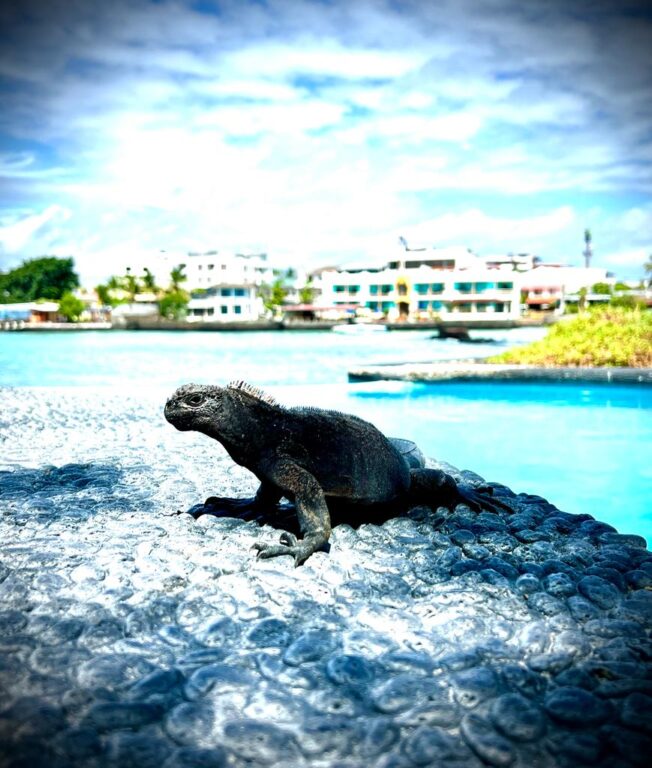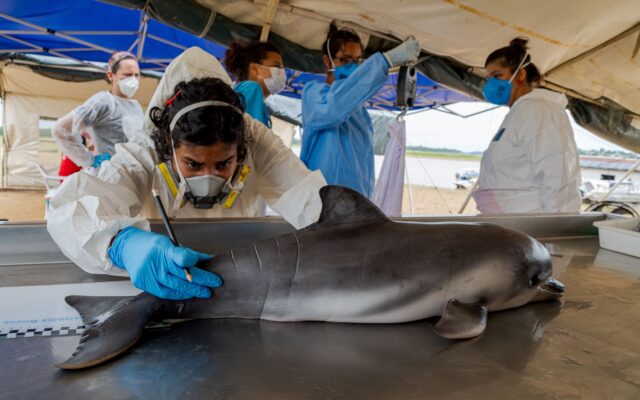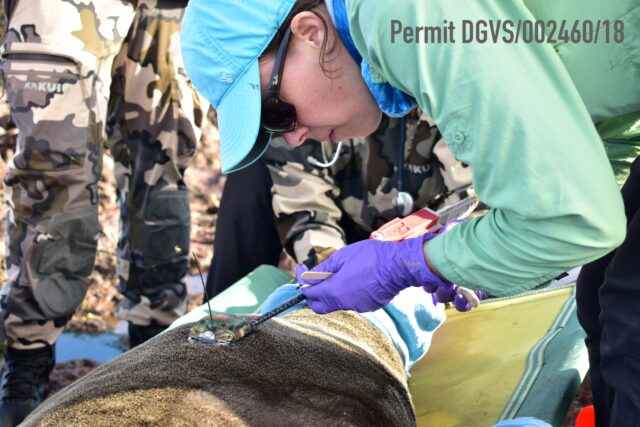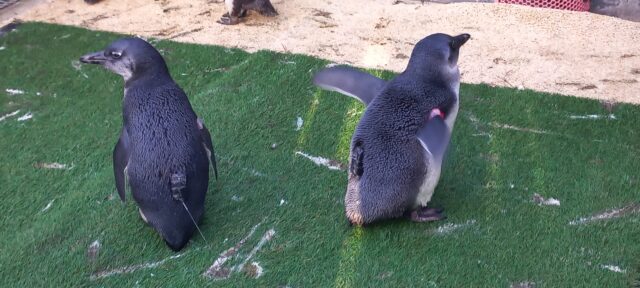The SeaWorld Conservation Fund has provided a grant of up to $800,000 over three years to help World Vets build the largest capacity for marine animal rescue on San Cristobal Island in the Galápagos, in collaboration with the Galápagos National Park. The funds will improve the infrastructure of the existing small facility used for wildlife response, build additional capacity for responding to and rescuing sick, injured, and entangled marine animals and other wildlife of the Galápagos Islands, and enable the study and baseline health monitoring of native species. Priority species will primarily be marine mammals, especially Galápagos sea lions and will also include Galápagos fur seals, dolphins, whales, sea turtles, Galápagos penguins, marine iguanas, and other native and endemic wildlife of the archipelago. The Galápagos has many species of animals not found anywhere else in the world and is a United Nations World Heritage Site protected by an international convention administered by the United Nations Educational, Scientific and Cultural Organisation.
“We are very grateful to the SeaWorld Conservation Fund for their support which will help us fill a critical need in the Galapagos Islands, providing long-term and foundational capacity building and consistent veterinary support for marine species and other wildlife,” said Dr. Cathy King, Founder and CEO of World Vets and a conservation medicine veterinarian. “The many endangered and threatened wildlife species of the archipelago need our help as they face significant threats from climate change, introduced species, plastics pollution, and interactions with a growing human population. With this funding and our collaboration with the Galápagos National Park, we can have an even greater positive impact on the conservation of marine life.”
Specific project goals and objectives that will be made possible by the funding include:
- Facility upgrades for expanded veterinary services and short-term hospitalisation, treatment, clinical care and field response. The grant will also make it possible to provide full-time veterinary staffing and 24x7 field responder coverage and availability.
- Improved data collection, identification, and recovery of animals. A new data collection app will be developed for use by field responders, veterinarians, park rangers and naturalist guides to facilitate and improve reporting and documentation. Public outreach to improve the identification and reporting of animals in distress, as well as routine beach surveys and drone surveys to spot and remotely evaluate animals in need will be included.
- Documenting and monitoring health trends, unusual mortality events and disease outbreaks. The funds will help facilitate more routine post-mortem examinations and to disseminate information on outcomes and any emerging health and disease trends.
Dr. Chris Dold, President of the SeaWorld Conservation Fund and Chief Zoological Officer of SeaWorld said, “At SeaWorld, we believe that marine animal rescue is a key tool for the conservation of marine species, and we are proud to help World Vets develop the added capacity they need to expand their important work. The rescue and rehabilitation of all species, both those living in abundant numbers and those deemed vulnerable or threatened, gives us and other marine health practitioners invaluable information about wildlife health and the diseases and threats present in the ocean. Marine mammals are sentinels for the health of the ocean and by caring for them we improve our ability to protect and preserve animals and their ocean environment today and into the future.”
All work will be done in collaboration with and under the direction of the Galápagos National Park. The Galápagos Islands are located on the equator, 600 miles off the coast of Ecuador. The Islands are a UNESCO World Heritage Site, an area legally protected by an international convention administered by the United Nations Educational, Scientific and Cultural Organisation.
Back to news



